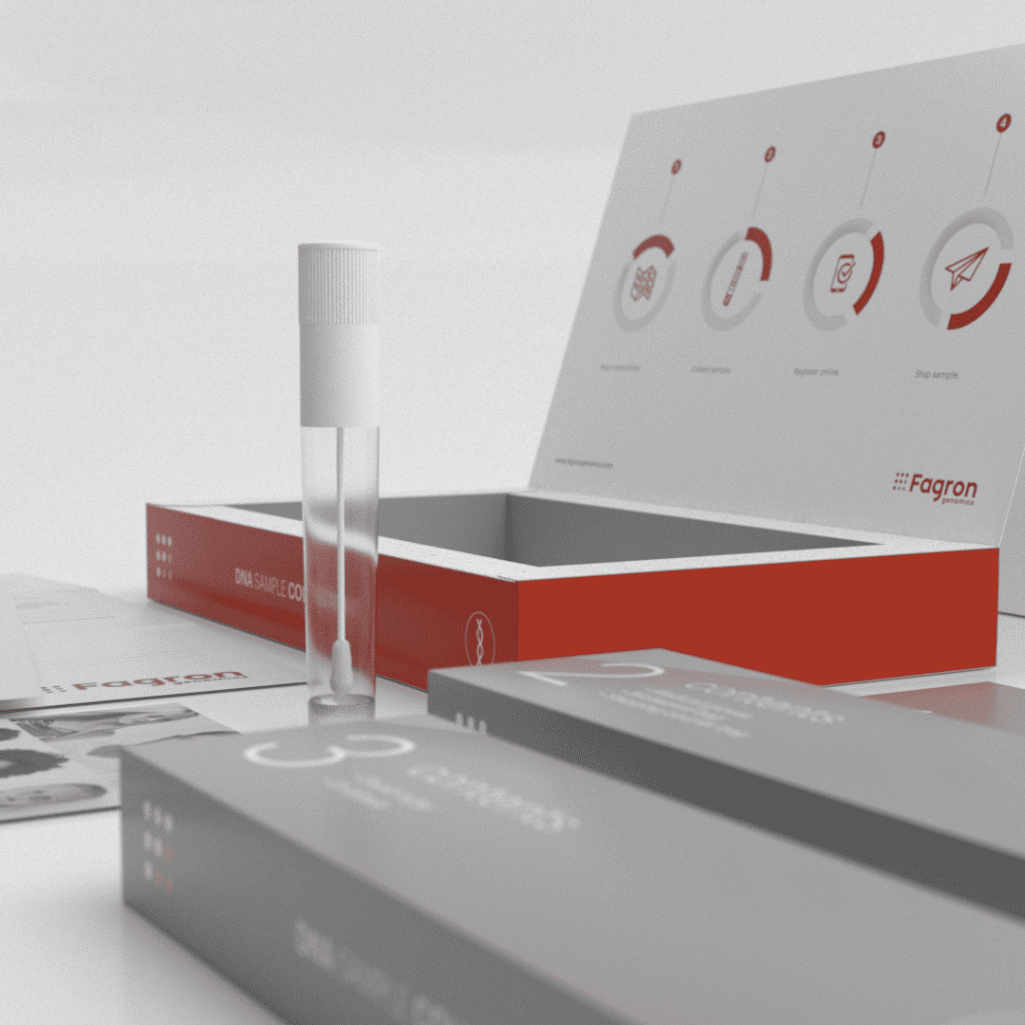The report algorithms, created by our medical experts, will take the patient's genetic results and create nutritional and lifestyle recommendations along with recommended lab work and health precautions based upon many factors and their clinical expertise. The built-in proprietary software takes out the guesswork and allows the provider to recommend the proper nutrition and health advisements safely by your DNA results.
BRAIN CHEMISTRY OF NEUROTRANSMITTERS
Billions of neurons exist in the brain. These cells share information with other nerve cells through electrical impulses, allowing for thought and communication throughout the body. Neurotransmitters inform many necessary processes like getting your stomach to digest, your heart to beat, or your lungs to breathe. While all neurotransmitters transmit information, they do not all do so in the same manner or with the same intention.
SEROTONIN & DOPAMINE - TECHNICALLY THE ONLY TWO THINGS YOU ENJOY
There are “inhibitory” neurotransmitters and “excitatory” neurotransmitters. Inhibitory neurotransmitters work to counterbalance excitatory neurotransmitters and are considered the “feel-good” neurotransmitters. GABA, serotonin, and dopamine are among a few. They allow the brain to calm and feel balanced. Excitatory neurotransmitters are responsible for motivation, focus, anxiety, stress, and more. Norepinephrine and epinephrine (noradrenaline and adrenaline) are classified as excitatory, stimulating the brain.
IMBALANCE OF INHIBITORY & EXCITATORY NEUROTRANSMITTERS
It’s not uncommon for the body to run out of inhibitory neurotransmitters when one has overactive excitatory neurotransmitters. When inhibitory and excitatory neurotransmitters are not working together and are imbalanced, moods like anger, agitation, anxiety, depression can occur. Change in weight, sleep issues, and poor concentration can also be a byproduct. An estimated 86% of Americans have an imbalance between inhibitory and excitatory neurotransmitters.
Genes Associated With Depression
The issues that accompany an imbalance of inhibitory and excitatory neurotransmitters can be exacerbated by specific genetic SNPs in neurotransmitter markers like COMT, MAO-A, MAO-B, GAB 12. Drugs (recreational and/or prescription), neurotoxins, stress, alcohol, poor diet, and caffeine can also fuel symptoms by encouraging these SNPs to further express themselves.
Fagron Genomics’ neurotransmitter genetic testing shares what SNPs you have within the neurotransmitter markers. This information allows Fagron Genomics to recommend nutritionally support specific to those genetic shortcomings. Ultimately, neurotransmitter genetic testing lets doctors and their patients understand their underlying issues with neurotransmitter function and implement personalized solutions.


